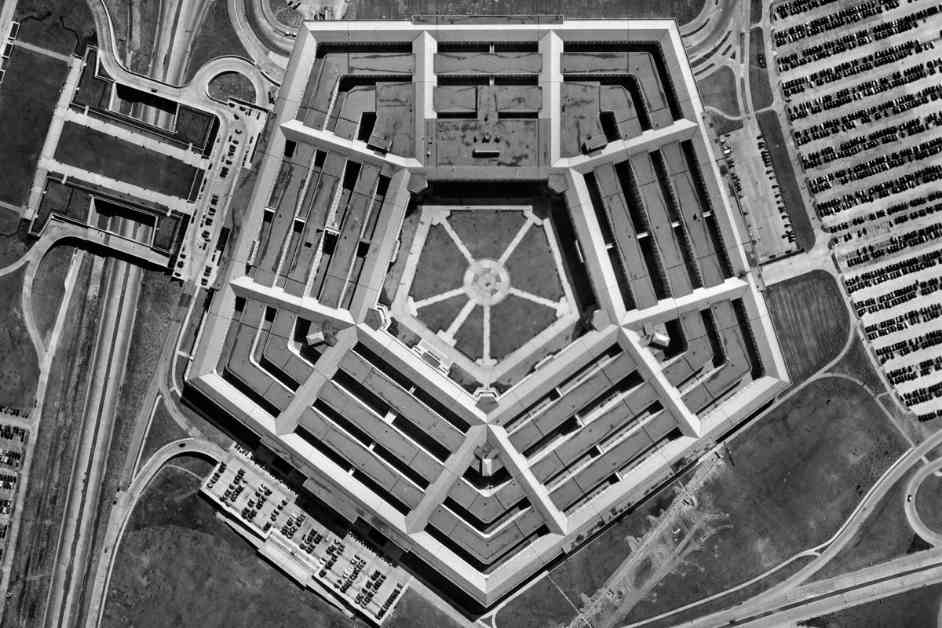A decade ago, an office in the Pentagon called the Advanced Aerospace Weapon Systems Applications Program (AAWSAP) quietly investigated UFOs and the paranormal. This program received $22 million in funding but was canceled four years later. This led to Congressional hearings and renewed public interest in aliens. However, the real story behind this office is more about former defense officials promoting their personal beliefs rather than uncovering a government cover-up of extraterrestrial life.
In 2022, the U.S. Department of Defense established the All-Domain Anomaly Resolution Office (AARO) to investigate military reports of UFOs, now known as unidentified anomalous phenomena (UAP). While many people hope that this new office will finally reveal the truth about aliens, the focus of AARO is more on using advanced technology to track and resolve UFO sightings in real-time. This approach aims to supplement traditional investigation methods and move away from relying solely on witness testimonials.
Recent claims by “whistleblowers” about alien technology recoveries and government cover-ups have garnered attention, especially with the release of the book “Imminent: Inside the Pentagon’s Hunt for UFOs” by former military officer Luis Elizondo. However, AARO has debunked many of these claims and emphasized the importance of using scientific methods to investigate UFO sightings.
The controversy surrounding AAWSAP, later known as the Advanced Aerospace Threat Identification Program (AATIP), has raised questions about the credibility of the reports produced by this office. While some insiders have pushed the narrative of hidden aliens or interdimensional beings, there is a lack of concrete evidence to support these claims.
The belief in UFOs and extraterrestrial life has evolved into a type of faith for some individuals, with little to no evidence to back up their claims. This poses a concern when government officials with such beliefs are involved in national security matters. The spread of pseudoscientific ideas and conspiracy theories can have far-reaching implications, potentially undermining national security efforts.
Despite the skepticism surrounding UFO sightings, there is value in studying these phenomena from a historical and cultural perspective. By exploring how people interpret and react to sightings of UFOs, researchers can gain insights into human behavior and belief systems. This approach could lead to new developments in understanding the societal impact of UFO reports and the influence of media on public perceptions.
In conclusion, while the search for extraterrestrial life and UFOs continues to captivate public interest, it is essential to approach these topics with a critical and scientific mindset. By using advanced technology and rigorous investigation methods, organizations like AARO can shed light on the truth behind UFO sightings and separate fact from fiction in the realm of paranormal phenomena.




